

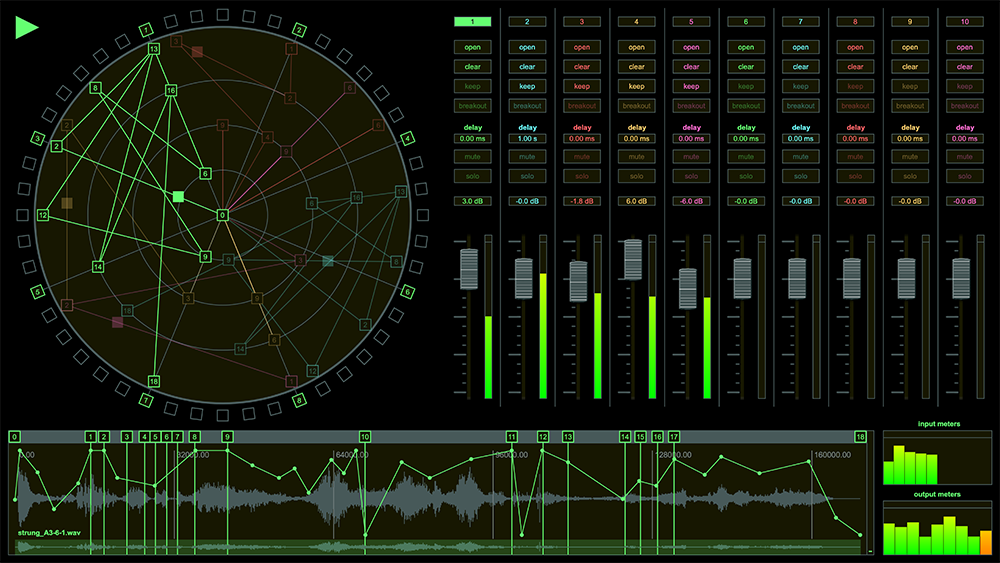
Space Control is a multitrack workstation dedicated to the design, realization, and mixture of spatial gestures for electroacoustic music composition. With its simple interface and minimal learning curve, it makes quick and powerful spatialization available to users of all experience levels.
Released in June 2022, Space Control was created by the team of Professor João Pedro Oliveira, acting as project manager, and software developer Raphael Radna. Radna is a PhD candidate in Music Composition at UC Santa Barbara, and is also pursuing a Masters of Science degree from the Media Arts and Technology Graduate Program at UCSB.
Space Control runs on Apple Computers, and is available on GitHub. You can use this link to directly download the software.
There is also a Quick Start video available on YouTube:
For more information, please see the article on the UCSB News website https://www.news.ucsb.edu/2022/020785/space-control.
The project was supported by a Faculty Research Grant from the UCSB Academic Senate.
This project is to transform a nano-scale of a striking biological phenomenon, the relationship between SARS-CoV-2 (Corona) virus and human molecules into an interactive audiovisual simulation. Especially, in this pandemic situation, the SARS-CoV-2 (Corona) virus is a key interest in all fields of science. By collaborating with scientists at Johannes Kepler University (JKU) in Linz, Austria, we are going to simulate the relationship between SARS-CoV-2 virus and human lectin proteins by using Atomic Microscopy (AFM), which can touch a single molecule to measure binding force between SARS-CoV-2 virus and human lectin protein. We are creating an interactive audiovisual installation and performance from an interaction data set of corona virus and human protein. The audience will be invited to an immersive space where they can control the two biomolecule’s behavior so that they can intuitively recognize the biological characteristics of Corona virus and human protein.
This project is not only a demonstration of scientific data and the development of a sonification tool, but also it tries to look at the interspecies relationship in parasitism, as a mutualistic and long-term relationship. Especially, in this pandemic situation, coronavirus brought huge impacts socially, as well as individually. Through this collaboration, this project is a continuous series of parasitism in humans that in particular deals with our current and future life with coronavirus, with various perspectives of social, political and cultural levels. Especially, as the corona virus is being extensively researched due to the pandemic circumstance all over the world, this project will be meaningful to demonstrate how we can possibly control our coexistence in virtual space.
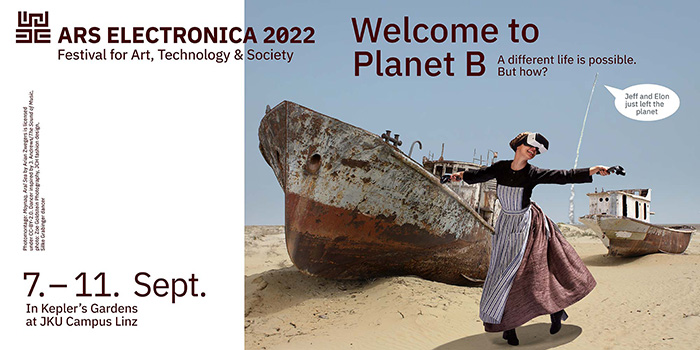
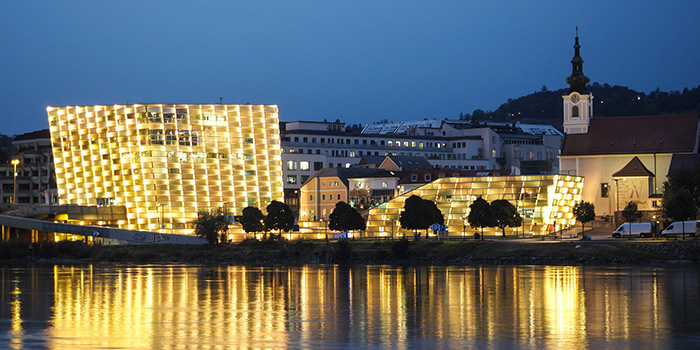
Ars Electronica Center, Linz Austria.
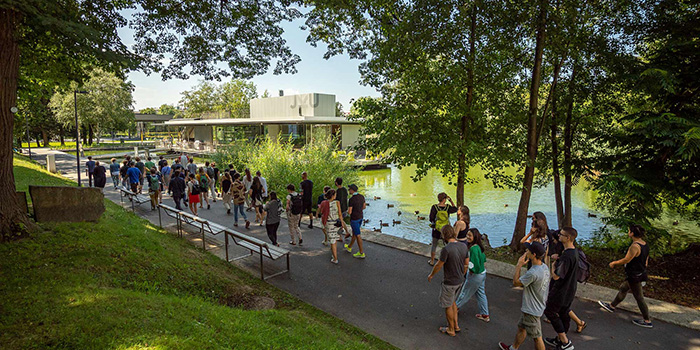
Kepler’s Gardens at JKU Campus, Linz, Austria.
In addition, RAY will also be exhibited at the Siggraph Art Gallery 2022 in Vancouver, Canada.
Weidi's immersive film Astro_v2 won a Prix Trames Sonore Award at SAT Fest, and will be screened at the Satosphere, as part of the award-winning film program, May 3 - 27, 2022.
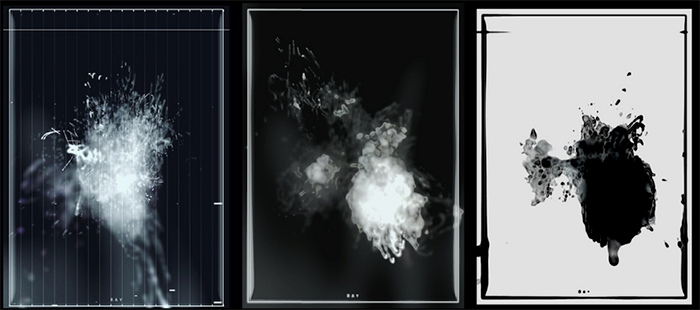
Ray
Astro_v2
Professor Kuchera-Morin and Dr. Rincon will be joined by Jean Johnstone of UC Berkeley, and will evaluate the impact of arts, culture and entertainment to the future of California.
About the California 100 Research Grants
California 100 is a new statewide initiative being incubated at the University of California and Stanford University focused on inspiring a vision and strategy for California’s next century that is innovative, sustainable, and equitable. The initiative will harness the talent of a diverse array of leaders through research, policy innovation, advanced technology, and stakeholder engagement. As part of its research stream of work, California 100 is sponsoring 13 research projects focused on the following issue areas:
www.news.ucsb.edu/2021/020355/toward-new-century
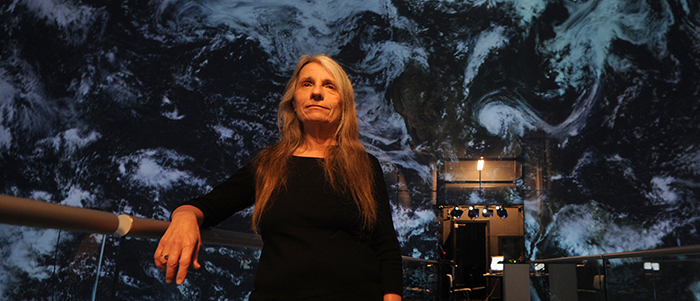
JoAnn Kuchera-Morin
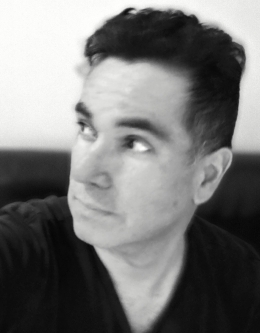
Gustavo Alfonso Rincon
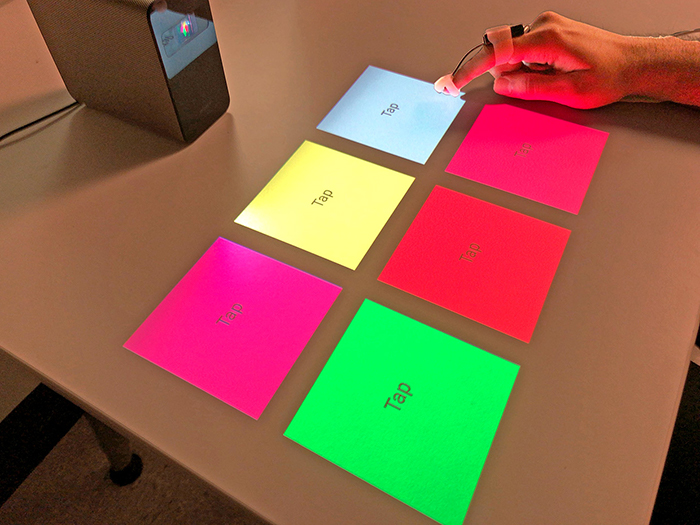
Anzu Kawazoe and Yon Visell
Repository
Repository examines digital data authorship, ownership, transformation and longevity.
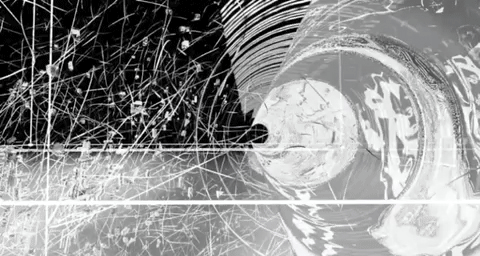
Repository
The 27th International Symposium on Electric Art
Astro
Astro examines our Earth, the only astronomical object known to harbor life, from the perspective of intelligent beings in outer space.
Sound design by Weilu Ge.

The event will be streamed on the IEEE Haptics Symposium YouTube Channel, which hosts video presentations of all 61 technical papers.
Also, a paper titled A Smart Bracelet Supporting Tactile Communication and Interaction, by Stejara Dinulescu, Neeli Tummala, Greg Reardon, Bharat Dandu, Dustin Goetz, Sven Topp, and Professor Visell, has been nominated for Best Paper Award at the 2022 IEEE Haptics Symposium.